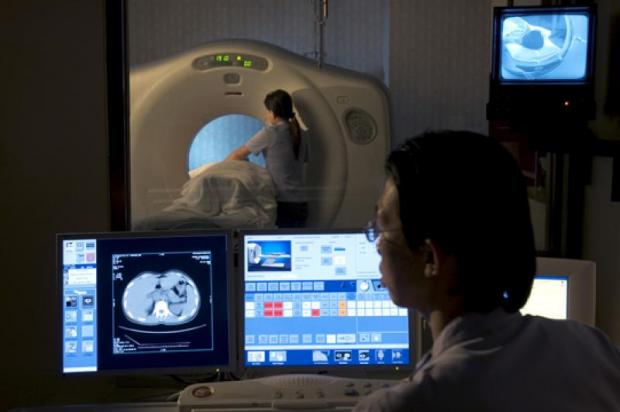
The Kasikorn Research Center forecasts that foreign patients will continue to be a key driver for the growth of the hospital business in Thailand this year.
Foreign patients are expected to make 3.42 million visits to Thai hospitals, including 2.5 million for medical tourism and 920,000 by expatriates.
Last year, foreign patients made 3.3 million visits to Thai hospitals, with 2.4 million for medical tourism and 900,000 by expats.
Foreign patients from Asia, notably Japan, China and Myanmar, are on the rise and offsetting a downturn in arrivals from the Middle East caused by economic changes and shifts in the internal medical policies of several countries, said a K-Research report.
The research house said Chinese travel to Thailand is still growing, with an estimated 10.4-10.6 million in 2018, up 6.1-8.2% year-on-year. The trend represents a tremendous business opportunity for Thailand's medical tourism, the report said.
Thailand's medical services, in particular medical tourism, have grown more popular in recent years, with various services including cosmetic surgeries, dental treatment and fertility tourism.
The report said that despite more investment in the medical industry in China in recent years, there are still insufficient services in some parts of the mainland, prompting wealthy Chinese to seek medical treatment abroad.
In 2016, some 500,000 Chinese went overseas for medical purposes, and the number was five times higher than the year earlier.
This year, the expectation is that the number will rise to 630,000-650,000, of which just 40,000 will come to Thailand.
Though the number remains small, K-Research said the Chinese market should not be overlooked and local hospitals should expand services to address demand, either for fertility or beauty tourism.
But the research house said Thai hospitals have to fight hard to gain more customers, as the medical tourism market in Asia is quite competitive with strong rivals such as Japan, South Korea and Malaysia.
Japan and South Korea are the first and second destinations of choice, respectively, for Chinese tourists seeking beauty treatment and help for more complex illnesses such as cancer.
Malaysia and Thailand ranked seventh and ninth, respectively, in a 2016 survey compiled by K-Research.